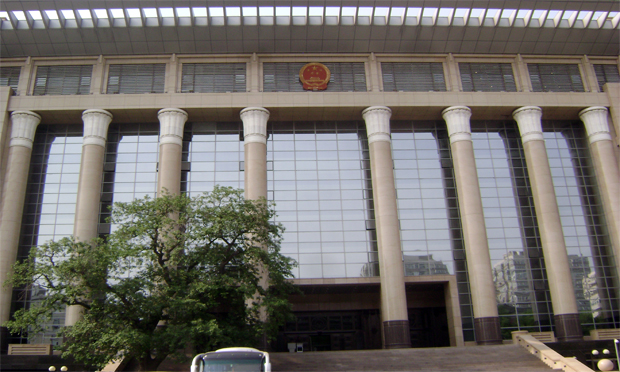COVID-19 Legal Series (7): Will the Pandemic Impact Enforcement of Foreign Arbitral Awards in China?
April 09, 2020 | BY
Vincent ChowChina's support for its businesses' force majeure claims is raising questions about enforcement of foreign arbitral awards
Disputes involving Chinese parties are mounting each day as disruption to international contracts and supply chains continues to grow amid the





